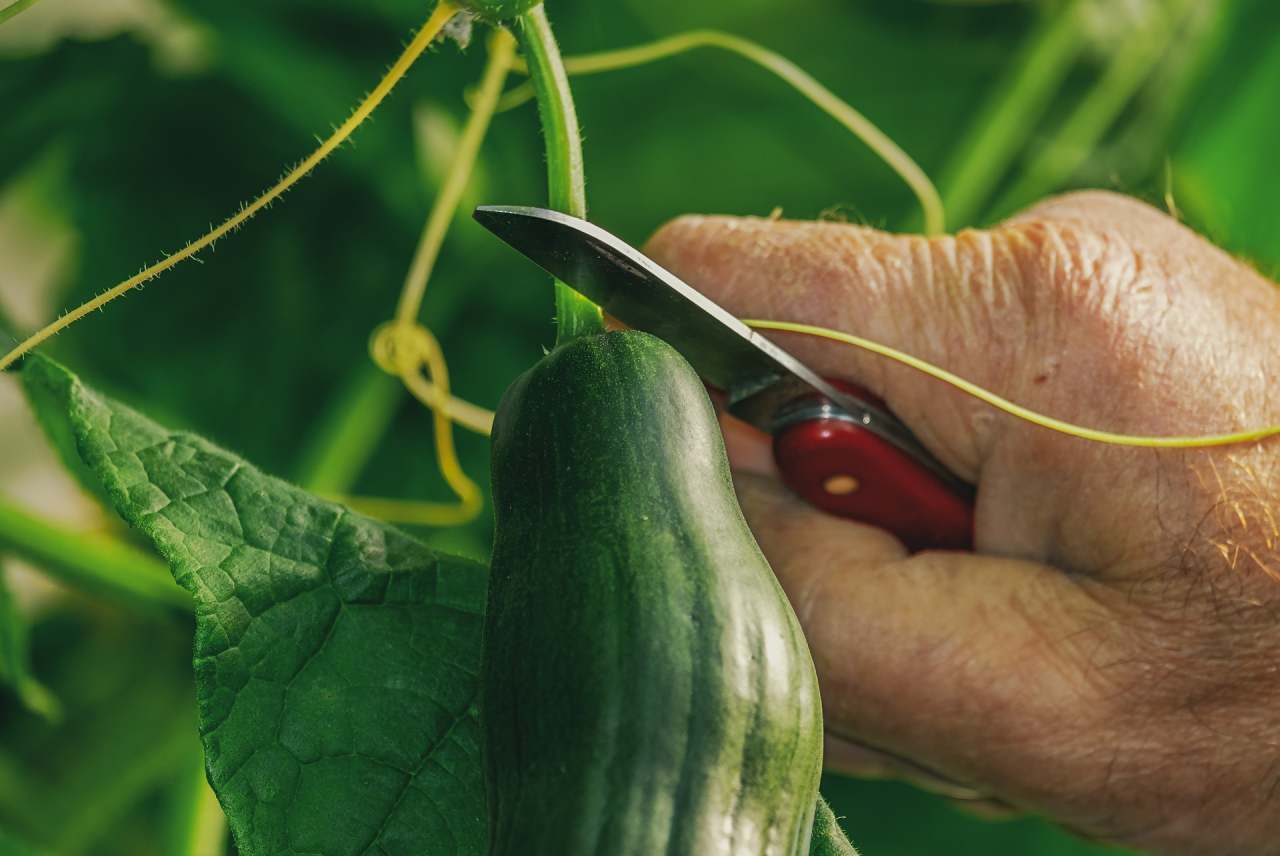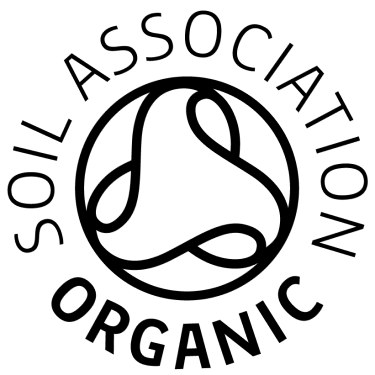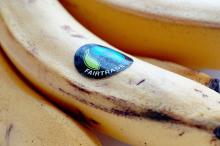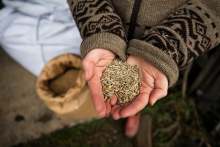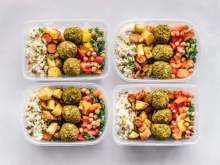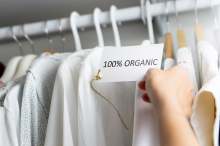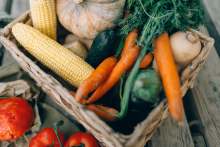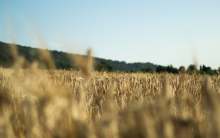With the organic market showing consistent growth, we ask what exactly makes something 'organic' and why is it a good thing?
What does organic mean?
Organic food is produced using more environmentally friendly and animal friendly farming methods meaning its better for people, animals and the planet.
Organic standards are the rules and regulations that define how an organic product must be made.
In order to be accredited (or even just to market your product) as organic you must meet the following broad standards which are laid down in European Union (EU) law:
- no genetically modified crops and ingredients
- the use of pesticides is severely restricted
- artificial chemical fertilisers are prohibited
- farm animal welfare is paramount
Organic farm animals:
- cannot be given hormones to make them grow,
- must be free range
- must be fed natural GMO-free food
- must not be produced from cloned animals
- must be free from drugs, antibiotics and wormers (at the time of sale)
The 5 main benefits of buying organic
1. Wildlife friendly
One of the main benefits is a reduction in the amount of toxic chemicals used. We know that chemical fertilisers and pesticides are often harmful to wildlife and organic farms severely reduce their use.
2. Climate friendly
Organic farming methods are less dependent on non-renewable, fossil fuel-based fertilisers and pesticides. Organic farming also stores higher levels of carbon in the soil.
3. Improved quality of the land
Organic methods of production restore the quality of soil by using natural methods to return nutrients to the soil.
4. Better conditions for animals
The standards around animal welfare mean animals that are reared organically lead healthier, more comfortable lives.
5. Human health
There is now evidence that there are some health benefits to organic food. For example research suggests that both organic milk and meat contain around 50% more beneficial omega-3 fatty acids than conventionally produced products.
How can I tell if something is organic?
There are some 2 million certified organic producers worldwide. They all adhere to the Principles of Organic Agriculture.
In the UK, for a product to be labelled organic at least 95% of the ingredients have to be sourced from organically produced plants and animals.
Many of the products that are marketed as organic are not independently assessed to ensure they comply with the standards.
It is therefore important to look out for an independent ethical label, such as the one from the Soil Association, so that you can be sure that the product has fulfilled the criteria.
